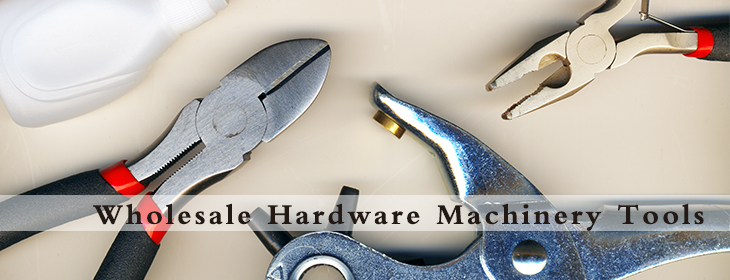5 Power Tools for the Home Use
-
Many power tools are standard in most workshops. Some power tools are stationary, while others offer more freedom of usage by being portable. Some are cordless, using various-sized batteries, depending on the tool. Dependable, quality power tools are essential for any tradesman, craftsman or do-it-yourselfer. Picking the right one for your project is half the battle, and learning to use it is an accomplishment to be proud of. I find that my favorite tools are the ones given to me by my father. I watched in awe while he worked, and I appreciate the knowledge he has passed on to me. It came in handy in my fine arts studies with the big floor machine tools.
\r\nThese 5 common shop tools are the big guns. Safety gear is required, as is an understanding of how the tools work and their potential dangers.
\r\n
\r\n\r\n
\r\nLathes
\r\n- \r\n
- \r\n \r\n\r\n
Lathes are stationary power tools that remove unwanted material from a workpiece by employing a turning action. A lathe can turn table legs, spindles, candlesticks and other decorative objects, as well as be used to make vessels including bowls and platters. A lathe would especially be used by a carpenter who is working on projects in which wood is involved. Lathes come with different power and speed ranges.
\r\n \r\n
\r\nBattery-powered drill
\r\n\r\n
- \r\n
- \r\n \r\n\r\n
A powerful cordless drill comes in handy when moving around the job site. While drilling holes drains the battery quickly, the drill can handle many screws with a single charge (such as when installing drywall). Some models have a clutch and will stop automatically before you strip the screw head, unlike a power screwdriver with a cord. To keep your work flowing, keep one battery charging while you're using the other.
\r\n
\r\n \r\n
Sanders
\r\n- \r\n
- \r\n \r\n\r\n\r\n\r\n
Sanders come in both stationary and portable models. Portable sanders come in three types: belt sanders, orbital sanders and random-orbit sanders. All three types are designed to remove surface defects and smooth the finish, but you may need to use more than one type, depending on the particular job you are doing. Belt sanders are the heavy-duty sanders which are used for preparing wood for finish sanding or used for removing surface defects. The best use for orbital sanders is for finish sanding, while the random-orbital sanders can be used for both rough sanding and fine sanding, being the most versatile of the three. Stationary belt and disk sanders are the perfect choice when you are performing final finishing jobs. These stationary sanders can also be used for sanding edges and surfaces, rounding corners and smoothing curves.
\r\n
\r\n \r\n
Table Saw
\r\n- \r\n
- \r\n \r\n\r\n\r\n\r\n
The table saw is widely considered to be the most important tool in a workshop. Table saws can perform a variety of tasks. They can taper, trim, dado, rabbet, rip, crosscut, miter-cut and bevel-cut with an accuracy and speed that is unmatched. Table saws come in three styles: benchtop saws, contractor's saws and cabinet saws. Cabinet saws, which are more expensive, offer more accuracy and power, while the benchtop saw is the smallest and least expensive type. Portable table saws remain the most popular type overall. Safety is also a key issue, because table saws account for many workshop injuries.
\r\n
\r\n \r\n
Nailers And Staplers
\r\n- \r\n
- \r\n \r\n\r\n\r\n\r\n
Nailers and staplers are portable power tools that are essential if you want to fasten material both quickly and accurately. These tools can be used to fasten carpet, trim, ceiling tile, insulation and other materials.
\r\n \r\n
Related Articles
- \r\n
